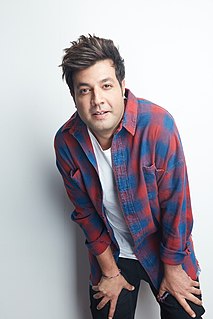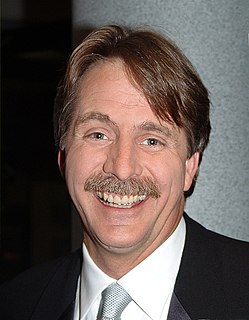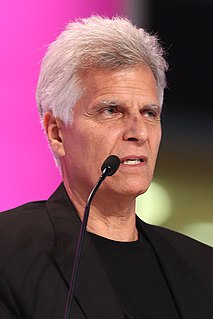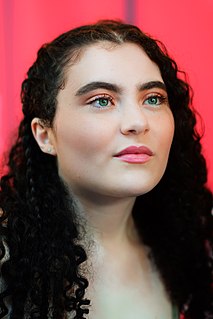A Quote by Varun Sharma
That's the magic of filmmaking. When you are on sets 18-20 hours of the day for two-three months at a stretch, the unit becomes like family.
Quote Topics
Related Quotes
The negative about acting is that you have to spend a great deal of time away from your friends and loved ones, but it's not like working a 9-5 job and only having two or three weeks off a year. I may not have seen my girlfriend for two or three months, but then we can spend two or three months together solidly.



































